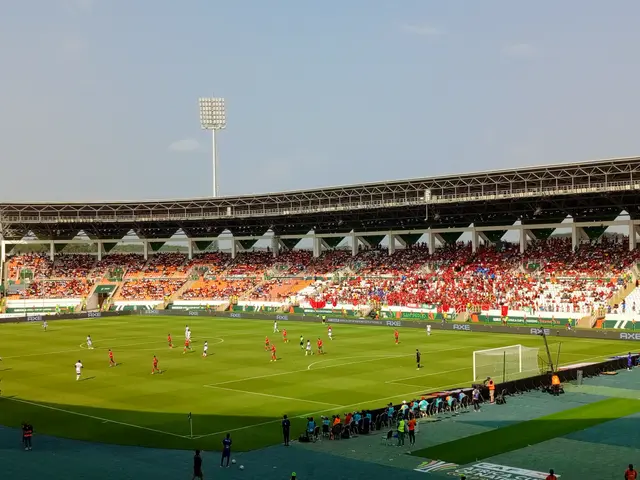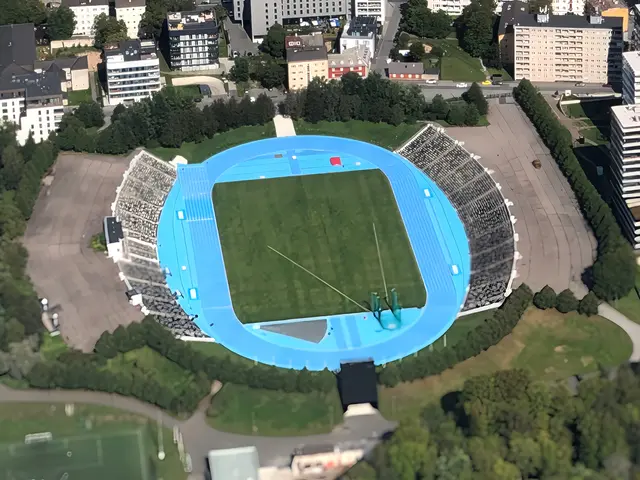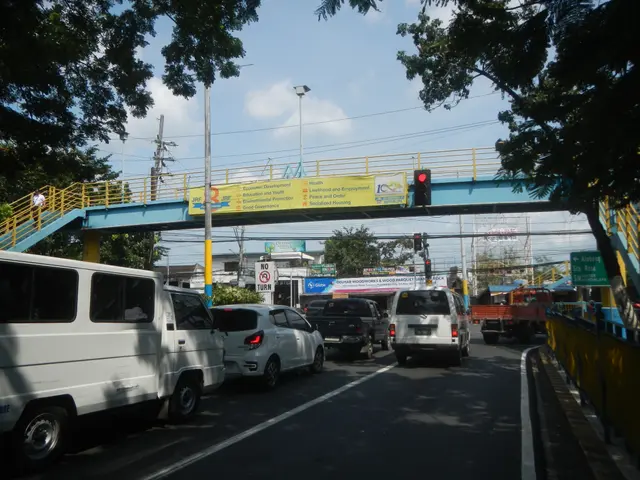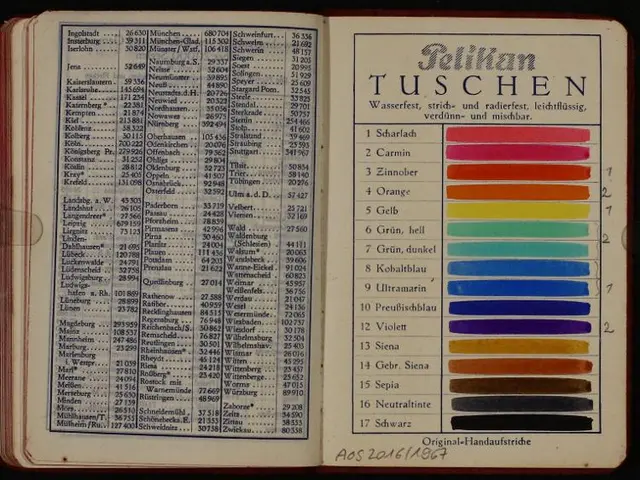Hong Kong capital eyes real estate opportunities in Dubai and Abu Dhabi
In the last year, the United Arab Emirates (UAE) has witnessed a substantial surge in foreign investments in its real estate sector, particularly in Dubai and Abu Dhabi. This trend has been driven by increased interest from international buyers, including a significant number from China.
Data from property technology firm Juwai IQI revealed that Chinese buyer inquiries for UAE properties rose by 28% in the first quarter of 2024 compared to the same period the previous year. This influx of foreign capital led to more than $2 billion worth of real estate sales in Abu Dhabi alone, marking a 125% increase from the year prior.
Notable examples of recent foreign investments include Gaw Capital's residential investment in Abu Dhabi's Mamsha Gardens, a low-density project on Saadiyat Island. The firm acquired the building from Aldar, the largest developer in Abu Dhabi, whose first-quarter sales primarily consisted of international buyers, according to Juwai IQI co-founder and group CEO, Kashif Ansari.
The UAE’s friendly investment policies, lack of property and capital gains taxes, efficient legal processes, and a range of other factors have attracted foreign investors. Additionally, the rise of branded residential projects and partnerships between regional developers and international firms have further boosted investments.
The inflow of investment has positively impacted the UAE's real estate market. The increased supply, especially in Dubai, has helped alleviate expatriate and investor demand, resulting in more moderate and sustainable property price growth. This trend has been reflected in recent Dubai inflation figures, which indicate price growth moderation in 2025.
Furthermore, the surge of foreign investment has supported the expansion of upscale and luxury real estate segments, enriching the market and differentiating it from other global cities. The UAE's stable political environment, high safety standards, and minimal corporate and property taxation continue to make it an attractive destination for diverse foreign investors seeking long-term, stable growth opportunities.
The growth in foreign property investments has also had spillover effects on related sectors, such as construction, finance, and retail, contributing to a broader strengthening of the UAE's economy. As such, the UAE's real estate market appears poised for continued growth in the coming years, driven by foreign investment and strategic initiatives from the government.
- Technology firms in the UAE could benefit from the surge in foreign investments as they seek to capitalize on expanding real estate possibilities, particularly in the development of smart home solutions and property management platforms to cater to the rising demand.
- With the influx of foreign capital in the UAE sports arena, we might see a rise in technology integration in professional sports teams' infrastructure, aiming to improve performance and fan engagement, mirroring the trends seen in more developed sports markets.








